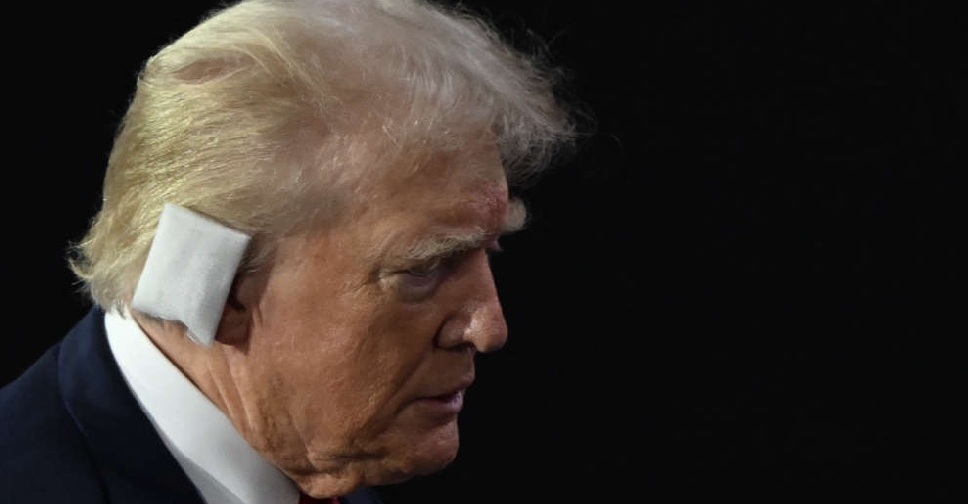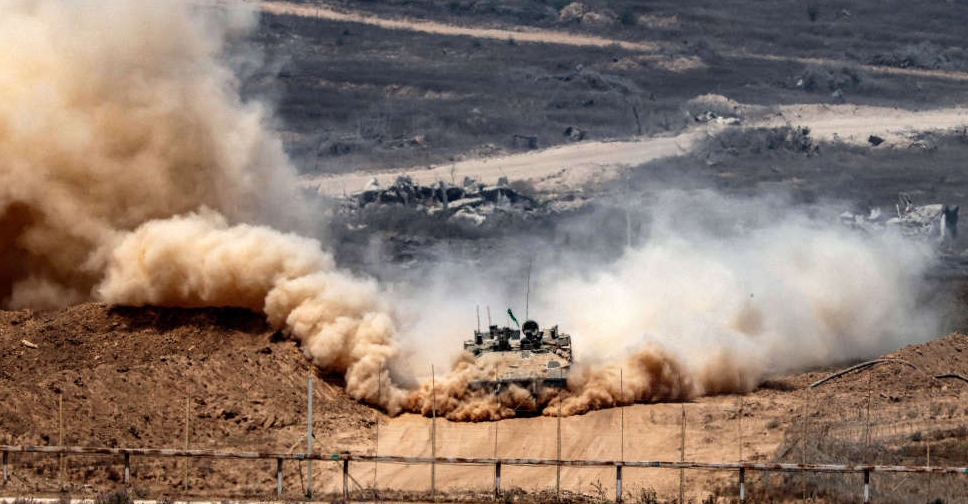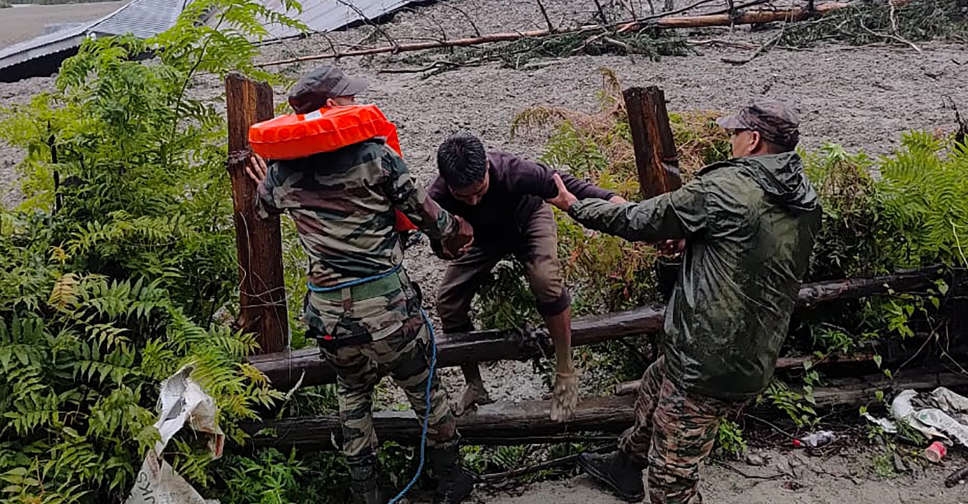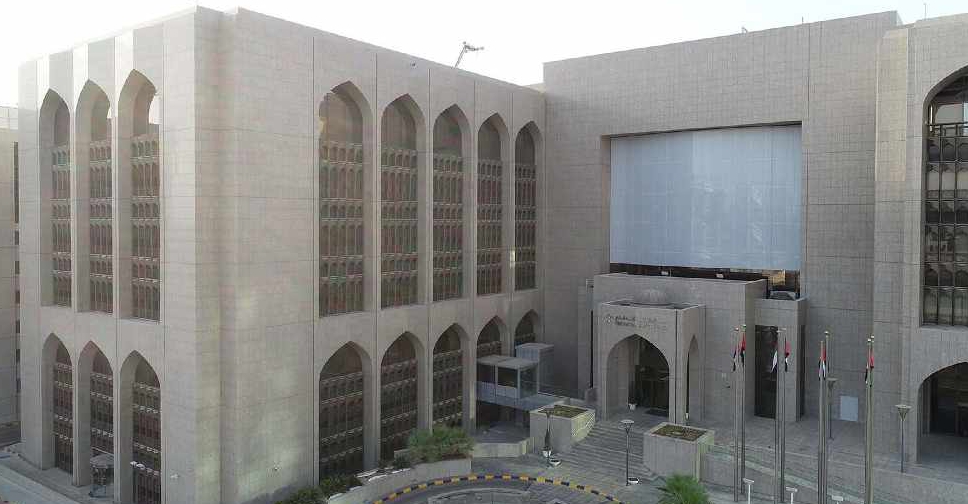
Donald Trump made a triumphant entrance during the first night of the Republican National Convention on Monday, receiving a raucous ovation from the party faithful two days after a would-be assassin's bullet grazed his right ear.
Trump walked into the Fiserv Forum in downtown Milwaukee with a thick bandage over the ear as the crowd chanted "Fight! Fight! Fight" and pumped their fists, a reference to his reaction in the moments after he was wounded.
The former president appeared moved by the response as he stood in a box with some of his children and US Senator J.D. Vance, Trump's choice for running mate announced earlier in the day.
The four-day convention opened hours after Trump secured a major legal victory when a federal judge dismissed one of his criminal prosecutions.
Trump is due to formally accept the party's nomination in a prime-time speech on Thursday and will face Democratic President Joe Biden in the Nov. 5 election.
During the evening session, one speaker after another blamed Biden's economic policies for inflation that has kept prices higher, even as it has eased sharply since peaking in June 2022 in the wake of the coronavirus pandemic.
Senator Tim Scott, who briefly ran against Trump for the nomination, said divine intervention spared Trump's life.

 Israeli military chief opposes Gaza war expansion, raising pressure on Netanyahu
Israeli military chief opposes Gaza war expansion, raising pressure on Netanyahu
 Hezbollah says Lebanon cabinet decision to limit arms to state is 'grave sin'
Hezbollah says Lebanon cabinet decision to limit arms to state is 'grave sin'
 US envoy Witkoff meets Putin as clock ticks towards Trump's sanctions deadline
US envoy Witkoff meets Putin as clock ticks towards Trump's sanctions deadline
 UN alarmed by reports about possible expansion of Israeli Gaza operations
UN alarmed by reports about possible expansion of Israeli Gaza operations
 Landslides, blocked roads hamper Indian flood rescue effort
Landslides, blocked roads hamper Indian flood rescue effort




